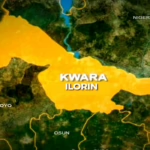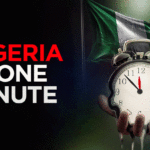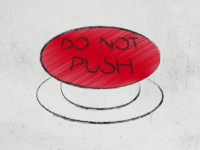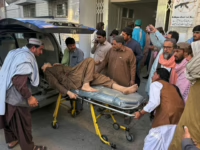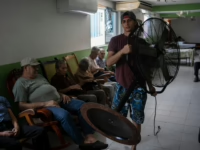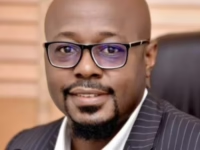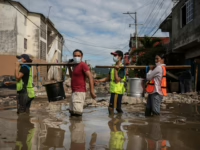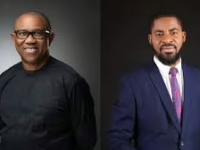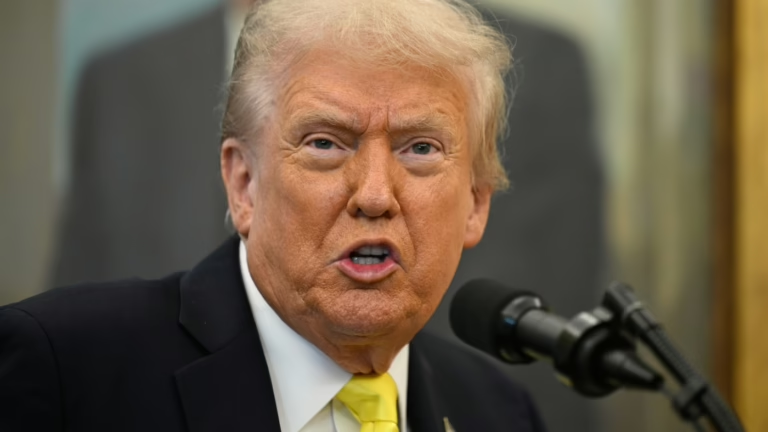President Donald Trump addresses an event in the Oval Office at the White House, Washington, on Wednesday.
John McDonnell/AP
hide caption
toggle caption
John McDonnell/AP
WASHINGTON – On Wednesday, President Donald Trump publicly confirmed that he has granted the CIA permission to execute secret operations within Venezuela. He also revealed that the administration is contemplating deploying ground forces in the country.
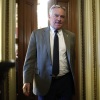
The revelation about the CIA’s clandestine activities in Venezuela follows a series of lethal U.S. military strikes targeting suspected drug trafficking vessels in the Caribbean Sea. Since early September, American forces have destroyed at least five boats, resulting in 27 fatalities; notably, four of these boats were traced back to Venezuela.
During a press event in the Oval Office, when questioned about his decision to authorize the CIA’s involvement in Venezuela, Trump confirmed his approval.
“There are two main reasons,” Trump explained. “Firstly, they have released prisoners who have entered the United States. Secondly, a significant amount of narcotics is being trafficked from Venezuela, much of it transported by sea.”
He further mentioned that the administration is considering expanding operations to include land-based actions but refrained from confirming whether the CIA has been empowered to target Venezuelan President Nicolás Maduro directly.
This candid admission about CIA operations came shortly after The New York Times reported that the agency had received authorization for covert missions in Venezuela.
Maduro Responds Firmly
In response, President Nicolás Maduro condemned the CIA’s historical involvement in global conflicts without directly addressing Trump’s recent disclosure. Speaking at a televised session of Venezuela’s National Council for Sovereignty and Peace, Maduro denounced attempts at regime change reminiscent of past U.S.-backed interventions in countries like Afghanistan, Iraq, and Libya.
“We reject the coups orchestrated by the CIA, which bring to mind the thousands who disappeared during Argentina’s military dictatorship,” Maduro stated, referencing human rights abuses during the 1976-1983 period and the 1973 Chilean coup.
“How much longer will the CIA persist with these destabilizing actions? Latin America neither desires nor tolerates them,” he added.
He emphasized the goal of promoting peace over conflict in the Caribbean and South America.

Addressing the U.S. audience in English, Maduro implored, “No to war, yes to peace. To the people of the United States, I say please, please, please.”
Venezuela’s Foreign Ministry issued a statement condemning President Trump’s “belligerent and extravagant remarks,” accusing him of openly admitting to actions that threaten Venezuela’s peace and stability.
The statement, shared by Foreign Minister Yván Gil on Telegram, labeled Trump’s comments as a grave breach of international law and the United Nations Charter, calling on the global community to denounce these reckless declarations.
Congressional Opposition Grows
Earlier this month, the Trump administration classified drug cartels as unlawful combatants, declaring the U.S. engaged in an “armed conflict” with these groups. This designation was used to justify intensified military operations aimed at curbing drug trafficking into the country.
This stance has sparked bipartisan criticism in Congress, with many lawmakers accusing the administration of waging war without congressional consent.
Senator Jeanne Shaheen, the top Democrat on the Senate Foreign Relations Committee, voiced her concerns on Wednesday, supporting anti-trafficking efforts but warning that the administration’s approach risks dragging the U.S. into conflict without transparency or oversight.
“Authorizing covert CIA missions, lethal strikes on vessels, and hinting at ground operations in Venezuela edges the U.S. closer to open conflict without clear accountability,” Shaheen said. “The American public deserves clarity on whether the administration is leading us into another war, endangering service members, or pursuing regime change.”
According to two U.S. officials familiar with the matter, the administration has yet to provide lawmakers with concrete evidence that the targeted boats were transporting narcotics. These officials, speaking anonymously, noted that only unclassified videos shared on social media by President Trump and Defense Secretary Pete Hegseth have been presented as proof.
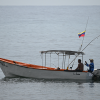
Members of Congress have expressed frustration over the administration’s limited disclosure regarding the rationale behind declaring an armed conflict with drug cartels and identifying which criminal groups are considered unlawful combatants.
While the military has conducted strikes on certain vessels, the U.S. Coast Guard continues its standard operations of intercepting boats and confiscating drugs.
President Trump defended the escalated tactics, stating that traditional methods have failed over the past three decades.
“We’ve been doing this for 30 years with no success. The traffickers have faster boats,” he said. “They’re top-tier speedboats, but they can’t outrun missiles.”
Human rights organizations have voiced concerns that these strikes may violate international law and amount to extrajudicial killings.


